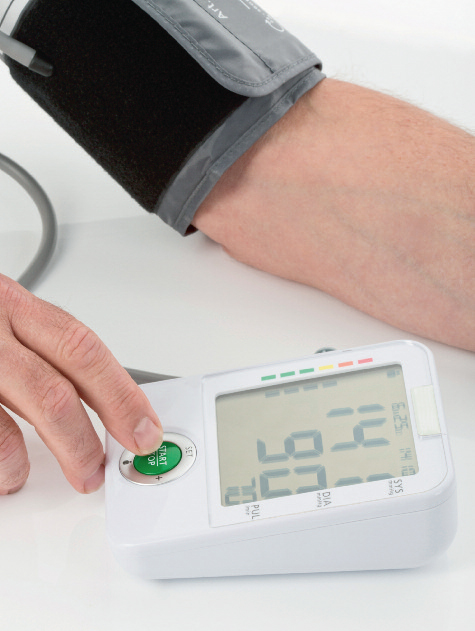Benefits confirmed for NHS Health Checks
In Clinical
Follow this topic
Bookmark
Record learning outcomes
 NHS Health Checks prevent up to 8,400 heart attacks, strokes or deaths from these conditions over five years and increase the likelihood of detecting co-morbidities by up to 83 per cent.
NHS Health Checks prevent up to 8,400 heart attacks, strokes or deaths from these conditions over five years and increase the likelihood of detecting co-morbidities by up to 83 per cent.
Researchers analysed health checks performed by 139 general practices in east London between April 2009 and March 2014. A total of 252,259 people aged 40-74 years were eligible for a NHS Health Check during the five years. Attendance increased from 7.3 per cent in 2009/10 to 17.0 per cent in 2013/14.
As the health check is a rolling five-year programme, one-fifth of the population covered is eligible in any year. Coverage (i.e. the number of attendees divided by one-fifth of the eligible population in that year) increased from 36.4 per cent in 2009/10 to 85.0 per cent in 2013/14.
Diabetes was 30 per cent more likely to be newly diagnosed in attendees than non-attendees. Attendees were also 50 and 83 per cent more likely to be newly diagnosed with hypertension and chronic kidney disease stages 3-5 respectively. CVD risk using QRISK2 was recorded in 96.2 per cent of attendees and 72.0 per cent of non-attendees, while 11.5 and 8.2 per cent respectively received statins. Thirty-seven per cent of attendees at high CVD risk (QRISK2 ≥20 per cent) received statins.
The 3.3 per cent absolute difference in the proportion of attendees and non-attendees who received statins is equivalent to 2,800 more patients being prescribed the drugs over the five years. Assuming a 15 per cent 10-year CVD risk and that the findings apply across England, additional statin use would prevent an estimated 4,600 to 8,400 heart attacks, strokes or deaths from these causes over five years.
Treatment of hypertension, diabetes and kidney disease identified by the health checks would further reduce CVD events.
More diagnoses found
“Those who attended NHS Health Checks were substantially more likely to be found with a diagnosis of a new disease, including hypertension, diabetes and chronic kidney disease. We saw a 30 to 80 per cent increase in the number of disease cases found compared to those who did not attend and 40 per cent more people were prescribed statins, so these are very substantial gains in public health terms,” says study author John Robson from Queen Mary University of London.
“If you compare attendance levels with other programmes, such as the bowel screening programme, the coverage here is much better, so one would hope that would translate into earlier opportunities for greater protection for those people.”
(Br J Gen Pract DOI: 10.3399/bjgp16X688837)
